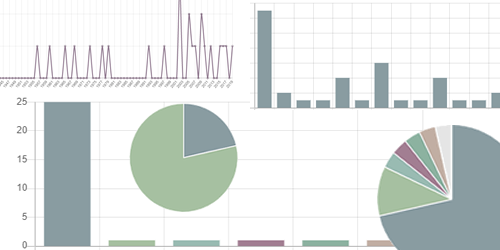While the media councils that exist in Europe and beyond have similar goals, their histories, practices and regulations vary across different context. For the first time, a comprehensive study has been carried out about these various ways in which media councils work towards maintaining and improving the standards of journalism in their region. As part of the EU-funded project Media Councils in the Digital Age, representatives of twenty-eight organisations were interviewed about the practices and regulations that they use in their daily work.
This has resulted in a comparative dataset and an inquiry into the practices of media councils.
The dataset provides an overview of the different ways in which media councils are organised and funded and who their members are, as well as details on the complaints procedures, the number of complaints, the codes of ethics and the public engagement of media councils.
The study sought to shed light on six themes. First, researcher dr. Raymond Harder (University of Antwerp, Belgium) wanted to know about the resources that media councils have at their disposal. What are their budgets, who subsidizes these organizations, and how are they staffed? Second, he inquired into how they maintain their independence from the governments, media companies, and NGOs that subsidize the media councils’ work. Third, he addressed the topic of which content they choose (not) to deal with, which can be hard in the digital age where everyone can pose as a journalist on their own blog or social media account.
As the fourth theme, Raymond Harder has mapped the ways in which people are able to lodge a complaint about a certain media publication. What information do they have to provide, and in what ways can the council help them to file this complaint? And fifth, how can the councils ensure that the complaints process is fair and unbiased, despite the fact that it is organized (and often funded) by the media themselves? And last but not least, how can one see that the media councils actually have power and impact? In what ways can one see that they matter for the quality of journalism and the trustworthiness of the press?
This research was carried out under the supervision of the Dutch-speaking media council in Belgium.


